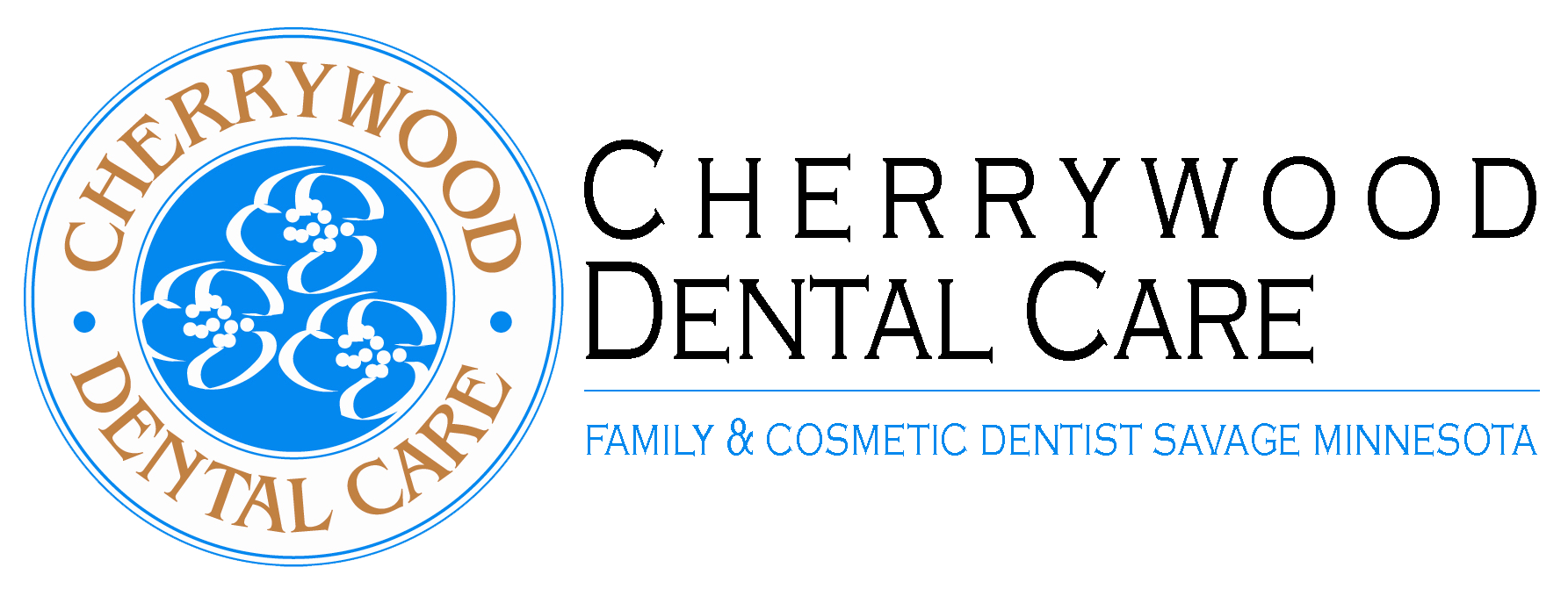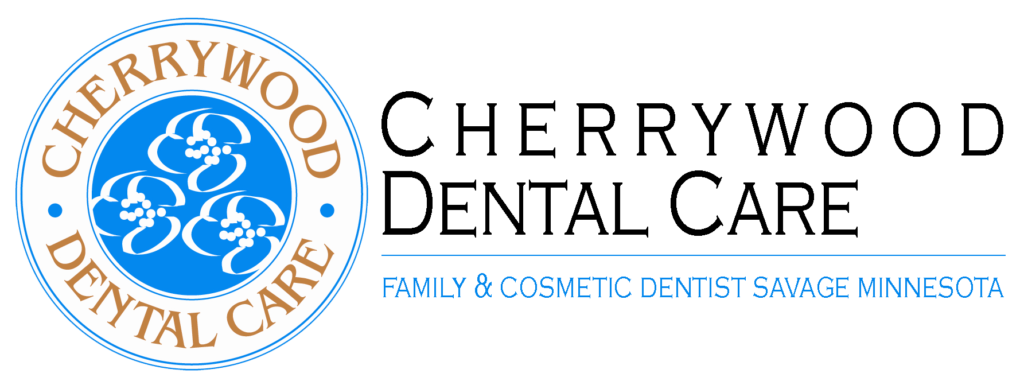Oral Surgery Frequently Asked Questions
What is an Oral and Maxillofacial Surgeon (OMS)?
An oral and maxillofacial surgeon is a specialist within the dental field who works with jaws, teeth, mouth and face. The issues an OMS treats may be a simple tooth extraction or a complicated reconstructive surgery. An oral surgeon completes dental school, an approved internship and a residency training program.
Can I be treated the same day or is a consultation required?
It is common for many patients to be seen and treated the same day. This is typical for an extraction or other simple problems. More complex problems usually require separate appointments.
How long should I keep pressure on the gauze following surgery?
It is recommended to leave gauze on the surgery site for at least 30 minutes once you are home. Bite down on the area to apply firm pressure. Be gentle when removing the gauze. If bright red blood appears in the surgery area after removal, use a clean piece of moistened gauze and repeat the process for another 30 minutes.
What should I do if I still notice blood on the gauze?
Be sure to stay calm and apply continual pressure for 30 minutes. Do not talk or spit during this time and try to rest.
What if I feel nauseous?
Some pain medications can cause an upset stomach. It is encouraged to consume a milk product prior to consuming the first dose of medication.
What can I do to relieve pain?
Start taking the prescribed pain medication immediately following surgery. If possible, it can be helpful to eat something to alleviate the nausea caused by pain medication. Continue taking the prescribed medication as required on the schedule for the first day or two. After this, pain medication can be taken as needed.
How long is the recovery and when can I return to work / my normal routine?
Oral surgery savage minnesota can be significant and it is important to allow your body time to fully recover. Expect to rest for at least three or four days before returning to normal activity. The healing process can vary significantly based on the specific procedure. It is important to follow the recommended guidelines and allow your body time to heal. If guidelines are followed, it can help avoid complications and expedite the recovery process.
Is it normal to have pain 3-4 weeks after an extraction?
Pain this long after an extraction typically indicates there is an infection. Call your doctor to further discuss your symptoms and determine the appropriate treatment.
Why are my lips and tongue numb?
It is common to experience numbness in the lip, tongue, gums and teeth after lower jaw surgery. It is often caused by irritation to the nerves and most of the time resolves itself. Be sure to discuss any discomfort or numbness with your oral surgeon.
My sutures came out. What should I do?
Resorbable sutures (stitches) are typically used in oral surgery. These sutures will dissolve within two-three days. Unless there is discomfort or bleeding, it’s normal for the sutures to come out. Follow up with the oral surgeon if there is pain or bleeding.
How will there be holes in my jaw?
The holes which are a result from an extraction will generally close up within six weeks. It can take a few months for the sockets to fill with bone. Use the syringe to clean the socket area as needed.
Does bad breath mean there is an infection?
Bad breath does not necessarily mean there is an infection. This is often caused by food lodged in the socket area. Keep the surgery site clean and use a gentle oral rinse as needed.
More About Oral Surgery : What is Oral Surgery?

